Energy
Wie Ostrom seinen Beitrag dazu leistet, mithilfe von Smart Metern die Energiewende voranzutreiben
By
Niklas Hirmke
29.7.2022

5
Min.

Wie Ostrom mithilfe von Smart Metern den Klimawandel bekämpfen will
Jede:r kennt sie, Briefe des Stromlieferanten mit der Aufforderung, den Zählerstand des Stromzählers zu übermitteln. Mit Taschenlampe im Gepäck wird hierfür in den verstaubten Keller gegangen, um inmitten von Spinnweben den Zählerstand abzulesen. Gleichzeitig wird aber von Politiker:innen und Unternehmen in fast jedem zweiten Satz das Wort Digitalisierung verwendet.
Die Energiebranche vermittelt den Eindruck, dass sich traditionelle Stromversorger vor dem Thema Digitalisierung scheuen. Dabei wäre eine Welt, in der Smart Meter die Norm sind, für alle Beteiligten die effizienteste Lösung. Wieso das so ist, erklären wir hier.
Was sind Smart Meter?
Analoge Stromzähler - die meisten deutschen Haushalte haben sie. Quadratische Kästen, mit rotierender Zählscheibe, deren Umdrehungen von einem analogen Zählwerk erfasst und gesammelt werden. Im Vergleich zu unseren sonst innovativen und modernen Gadgets wie Smartphone und Laptop, muten analoge Stromzähler sehr veraltet an. Kund:innen müssen den Zählerstand manuell ablesen und an ihren Stromversorger melden. Der Stromverbrauch ist für die Konsument:innen frühestens mit der Jahresrechnung oder der Endabrechnung sichtbar.
Im Gegensatz dazu sind Smart Meter in der Lage, Echtzeitdaten an den Stromversorger und Netzbetreiber sicher und verschlüsselt zu senden. Hierzu ist die Verbindung der modernen Messeinrichtung mit einem Smart Meter Gateway nötig, damit das System zu einem intelligenten Messsystem (Smart Meter) wird. Ist dies der Fall, erhalten der Stromversorger und der Netzbetreiber automatisch die Stromverbrauchswerte und Kund:innen müssen Zählerstände nicht mehr manuell übermitteln.
Manche Smart Meter übermitteln die gemessenen Verbrauchsdaten direkt an den Messstellenbetreiber. Ist ein Smart Meter mit dem WLAN des Haushalts verbunden, sehen Kund:innen ihren Verbrauch zunächst selbst und können dann die Übertragung an den Stromlieferanten freigeben. Dank angebundener Apps ist es den Konsument:innen unter Umständen sogar möglich, die Verbrauchsdaten in Echtzeit zu verfolgen. Hierfür muss beispielsweise der Stromlieferant eine App zur Datenerfassung zur Verfügung stellen. Smart Meter müssen vom Bundesamt für Sicherheit und Informationstechnik zertifiziert sein, damit die Übermittlung der haushaltsbezogenen Energieverbrauchsdaten sicher und geschützt erfolgt.
Warum Deutschland Smart Meter in die Haushalte bringen will
Am 31.01.2020 hat das Bundesamt für Sicherheit in der Informationstechnik die gesetzliche Verpflichtung zum Rollout von Smart Metern durch die zuständigen Messstellenbetreiber beschlossen. Messstellenbetreiber sind als Installateur und Betreiber von Messeinrichtungen auch für das Rollout von Smart Metern verantwortlich.
Dabei sind zuerst alle Privathaushalte mit einem jährlichen Stromverbrauch von mehr als 6000 kWh zum Einbau verpflichtet. Primäres Ziel des Gesetzgebers ist es, eine technische Infrastruktur zur Verfügung zu stellen, welche die Energiewende möglich macht.
- Neben der Einführung von variablen Stromtarifen und dem damit verbundenen Ausnutzen von geringeren Strompreisen während der Nacht, ermöglichen Smart Meter auch die Steuerung von dezentralen Stromerzeugern wie Photovoltaik- oder Windenergieanlagen.
- Smart Meter können einen entscheidenden Beitrag zur Energiewende beitragen, indem die Bürger:innen zukünftig selbst die Hand über ihren Stromverbrauch haben und diesen intuitiv steuern können.
- Manuelles Ablesen des Zählerstands gehört der Vergangenheit an.
Bis dies soweit ist kann es allerdings noch dauern. Denn das Problem ist nicht nur das zögerliche Ausrollen der Smart Meter in den Haushalten, sondern auch alte und eingefahrene Strukturen der Netzbetreiber. Damit diese aus ihrer Lethargie ausbrechen, bedarf es strengerer Gesetzgebung, welche die Netzbetreiber verpflichtet, nicht nur das erforderliche Minimum zu machen, sondern die Verbreitung von Smart Metern voranzutreiben.
Bis 2032 müssen alle Messstellen mit einem jährlichen Verbrauch von über 6.000 kWh mit einem Smart Meter ausgestattet sein.
Die bisher praktizierte Abrechnung anhand Standardlastprofilen gehört mit Smart Metern der Vergangenheit an. Daher ist es erforderlich, dass Netzbetreiber diese Veränderungen mittragen, wenn Deutschland Smart Meter erfolgreich etablieren will.
Dass Deutschland in Sachen Smart Meter deutliches Aufholpotenzial hat, wird aus der folgenden Grafik ersichtlich:

Vor dem Beschluss des Bundesamts für Sicherheit in der Informationstechnik gab es de facto kaum Smart Meter in deutschen Haushalten. Im Vergleich hierzu haben skandinavische Länder eine nahezu lückenlose Verbreitung von Smart Metern. Spanien und Italien sind ebenfalls Vorreiter.
Wie Verbraucher:innen von Smart Metern profitieren werden
Böse Überraschungen und teure Nachzahlungen, dank der Intransparenz von traditionellen Stromversorgern. Wenn dieser Satz bei dir schlechte Erinnerungen hervorruft, warst du bereits Kund:in bei einem der zahlreichen Stadtwerke oder traditionellen Stromversorger in Deutschland. Mit Smart Meter gehört dieses Problem der Vergangenheit an. Dank dem Senden und Empfangen der Stromverbrauchsdaten wird es Kunden möglich gemacht, per App den Stromverbrauch tagesaktuell zu sehen - sofern der Stromanbieter eine App zur Verfügung stellt.
Die Vorteile dieser längst überfälligen Erneuerung sind zahlreich.
- Kund:innen können Stromfresser im Haus identifizieren und dank Smart Home Technologie Geräte automatisch an- und ausschalten. Haushaltsgeräte werden nur dann mit Strom versorgt, wenn sie auch wirklich genutzt werden.
- Variable Stromverträge führen dazu, dass Kund:innen die Schwankungen im Strompreis zu ihrem Vorteil nutzen können. Strom ist nachts, aufgrund des niedrigeren Strombedarfs der Gesellschaft in der Nacht, deutlich günstiger als tagsüber. Ebenfalls ist Solarstrom mittags, bei Sonnenhöchststand, günstiger als abends in der Dämmerung. Smart Meter machen diese Strompreisunterschiede sichtbar und variable Tarife sorgen dafür, dass Kund:innen dies zu ihrem Vorteil nutzen können.
Die Grafik veranschaulicht den Tageslastverlauf sehr deutlich:

Wenn du bereits jetzt Geld sparen willst, lies hier unseren Blog mit nützlichen Stromspartipps:
Smart Meter als integraler Bestandteil von Ostroms Vision
Smart Meter können nur mit variablen Stromtarifen ihr volles Potenzial entfalten. Traditionelle Stromversorger und Stadtwerke bieten bislang solche Tarife nicht an. Ostrom ist einer der wenigen Stromlieferanten, welcher schon jetzt einen flexiblen Tarif anbietet. Steigerungen und Vergünstigungen des Strompreises werden direkt an unsere Kund:innen weitergegeben, mit einer Ankündigungsfrist von vier Wochen. Der nächste logische Schritt für Ostrom ist es, einen variablen Tarif anzubieten, welcher die tagesaktuellen Preisunterschiede des Strompreises direkt an die Endverbraucher:innen weitergibt.
Ein variabler Tarif kann nur dann volle Wirkung entfalten, wenn Smart Meter die Norm in deutschen Haushalten darstellen. Deshalb sind auch wir bei Ostrom großer Befürworter des Smart Meter-Rollouts in Deutschland. Kund:innen können sich Geld sparen. Das Ablesen des Zählers im dunklen kalten Keller ist nicht mehr nötig und die Wohnung wird zum Smart Home. Eine Win-win Situation für alle Parteien.




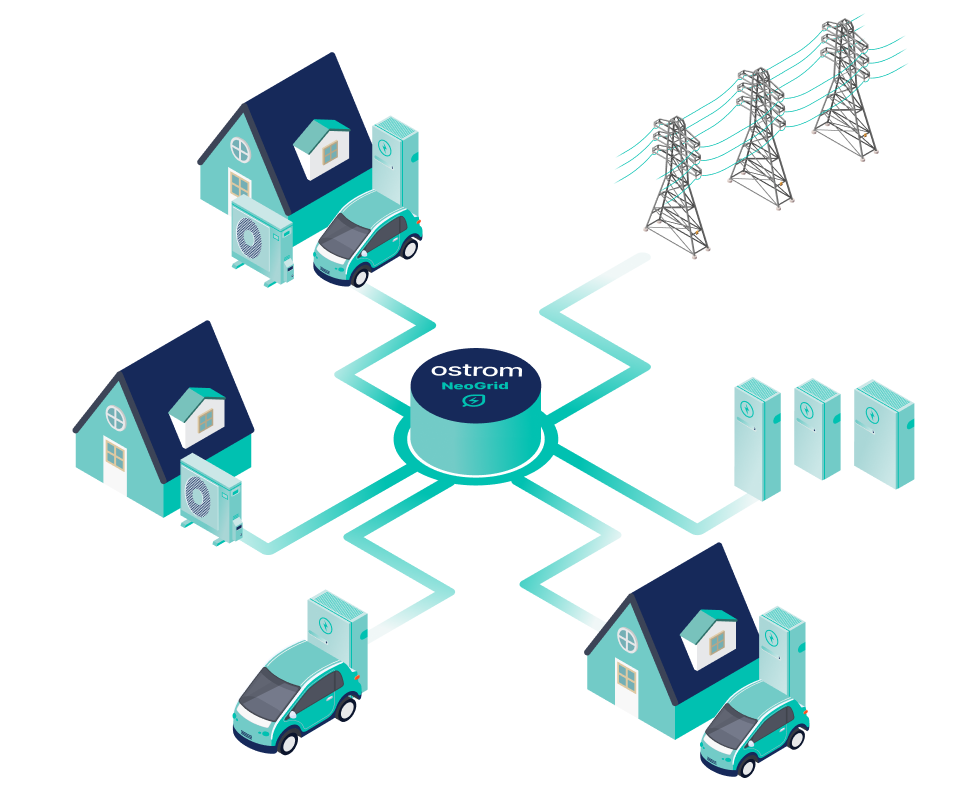
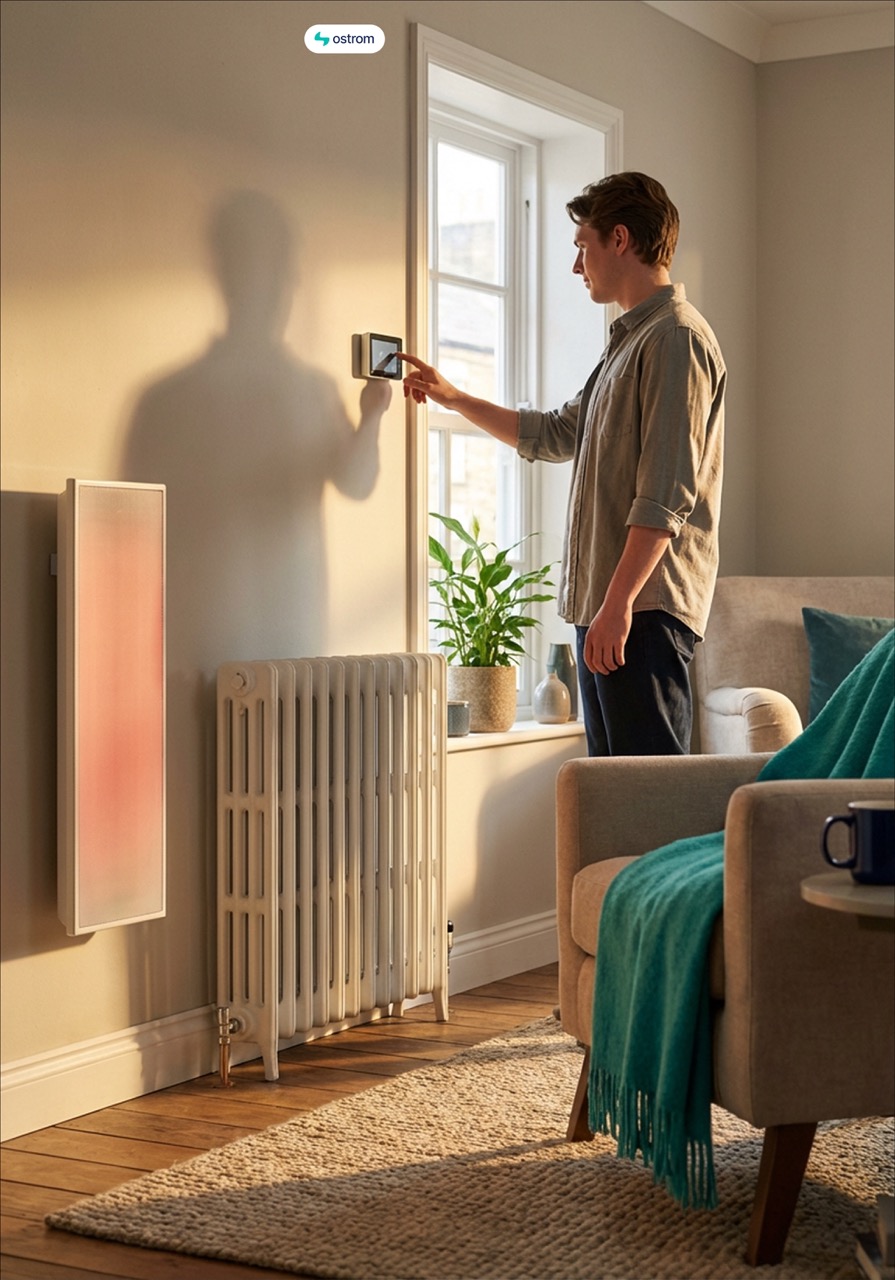
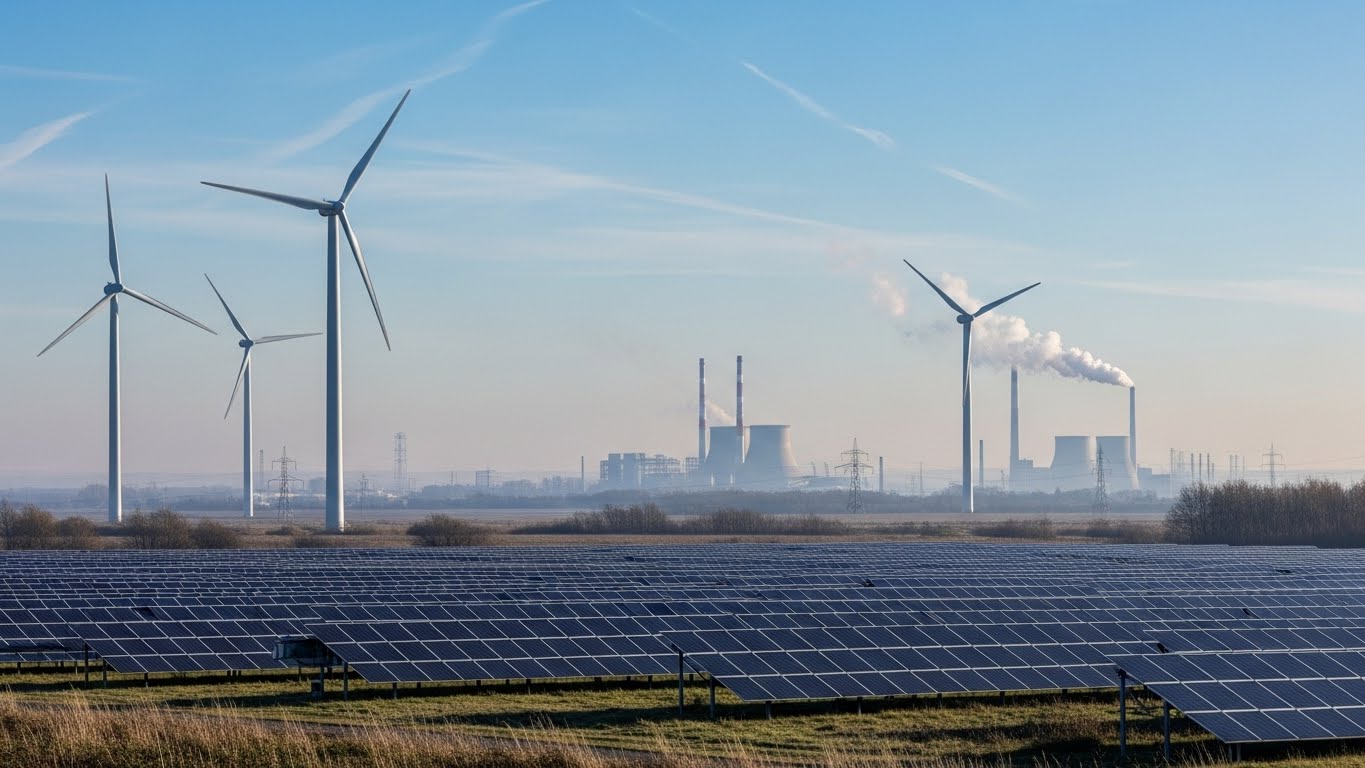

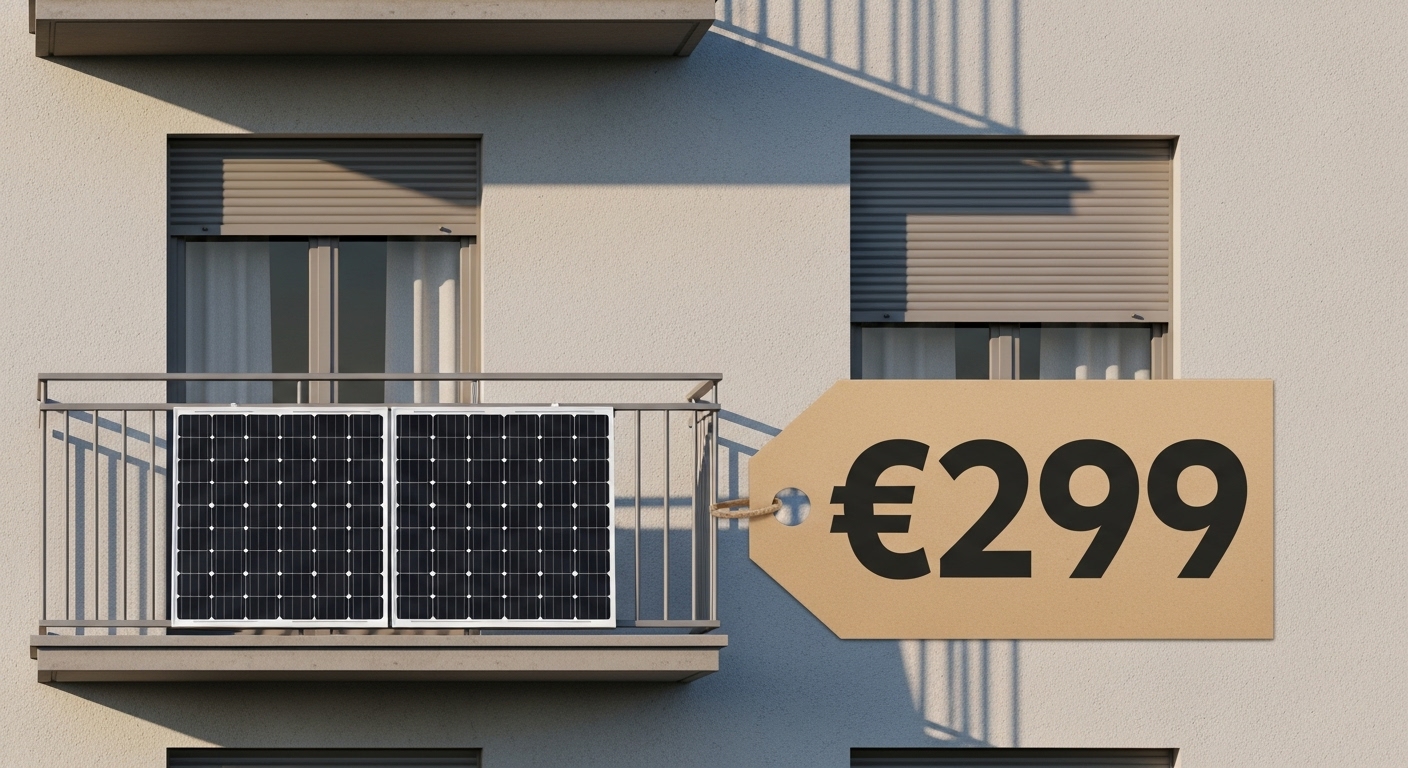

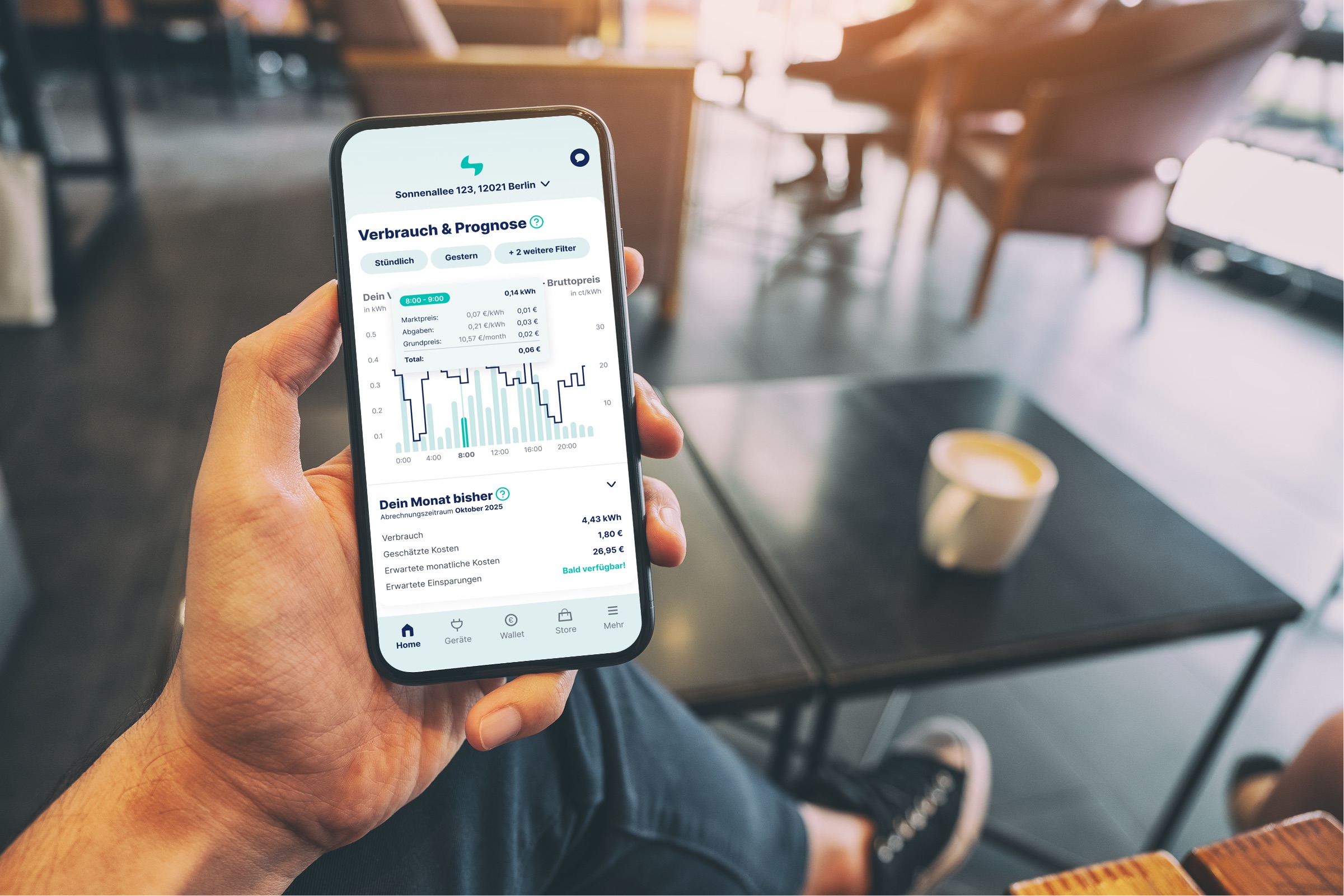
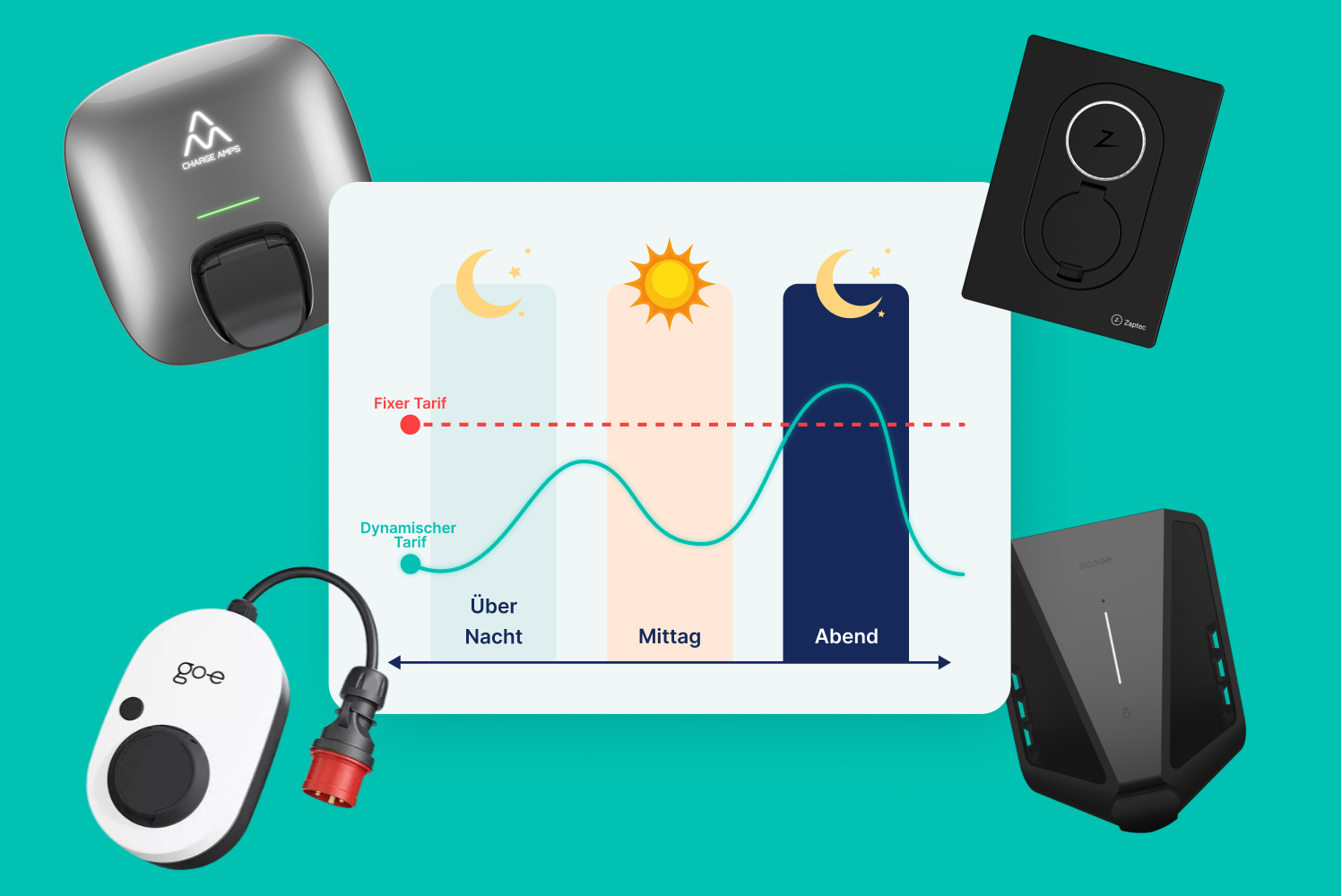
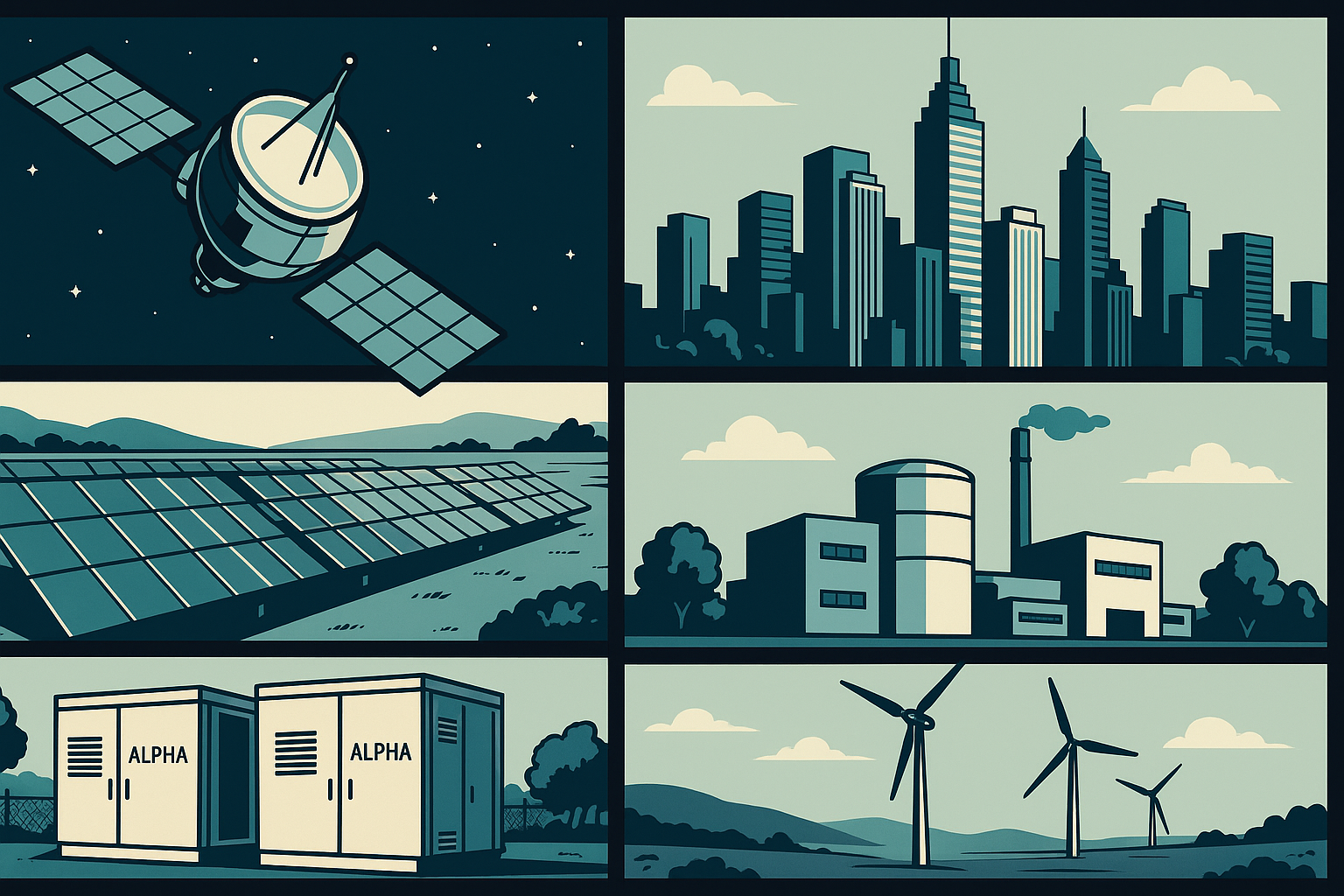


.avif)